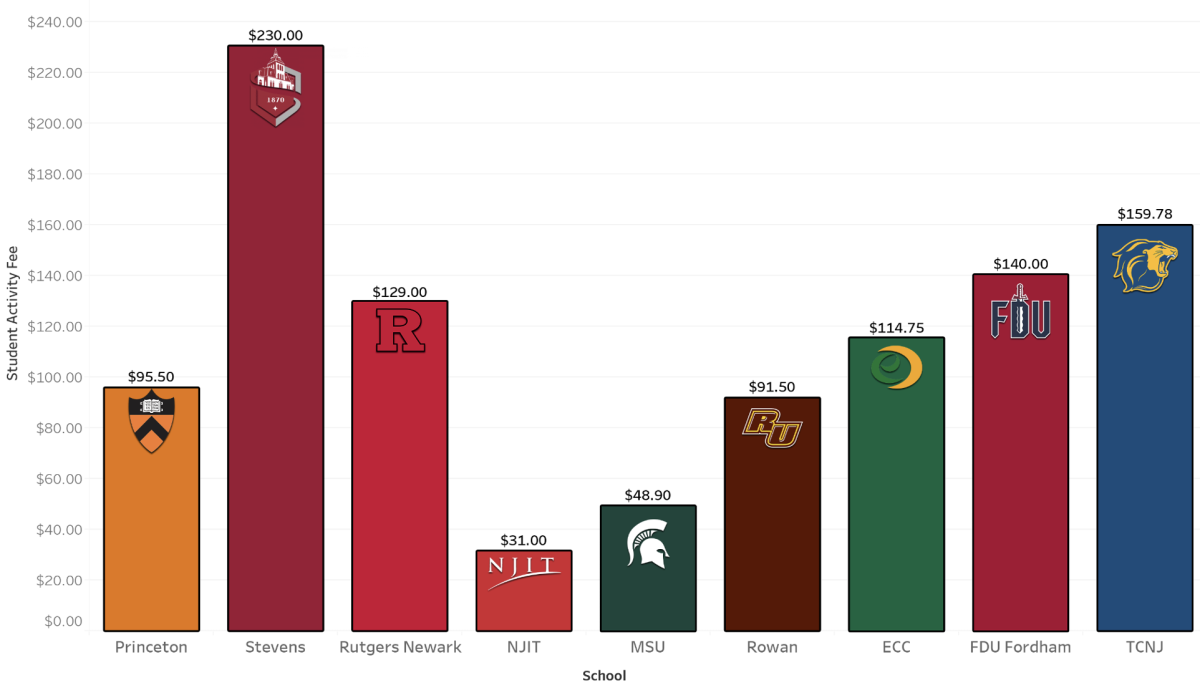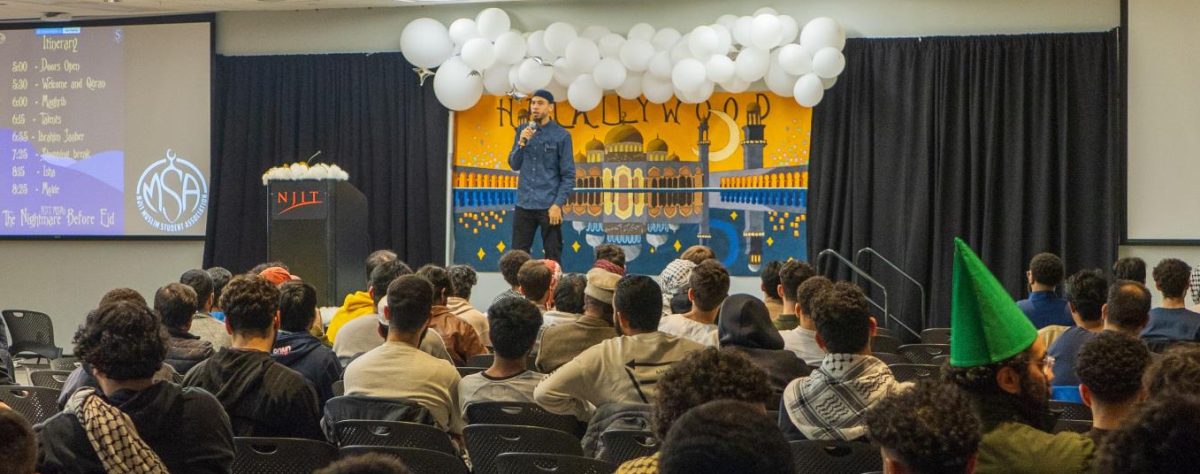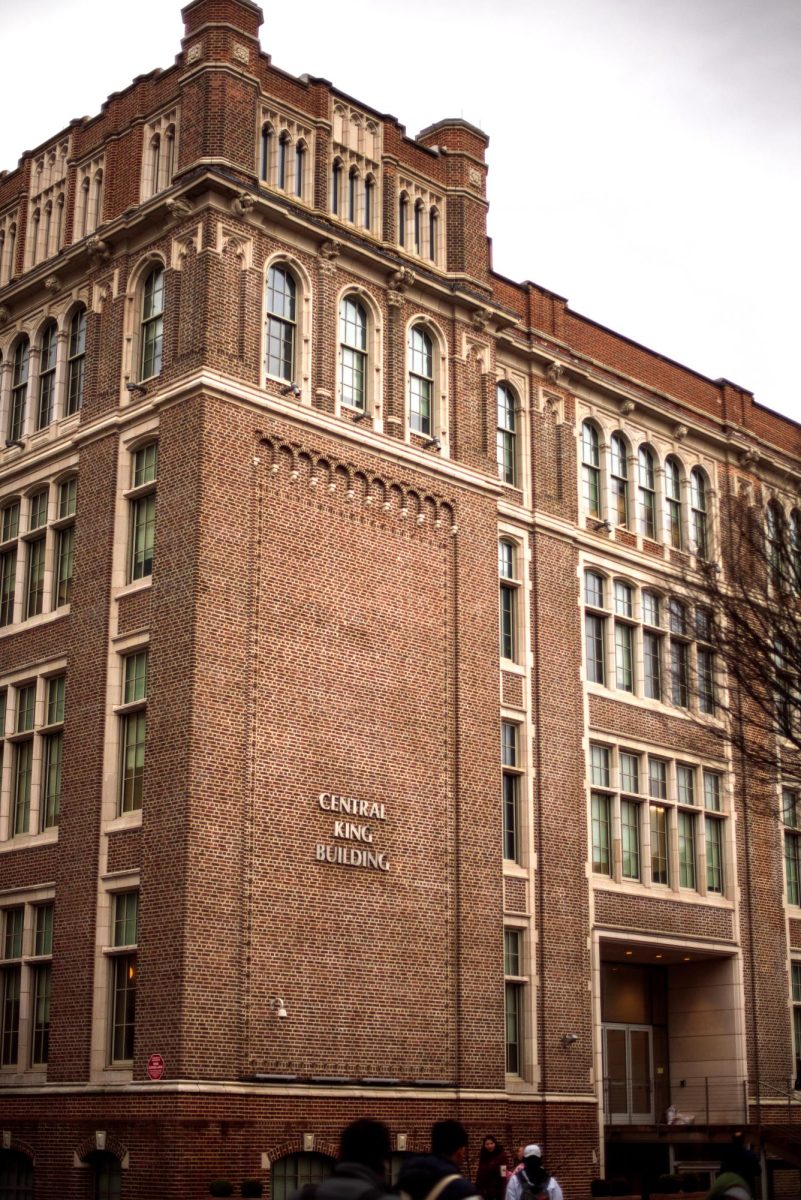By Micaela Itona
If you’ve been anywhere near Facebook in the last few days, you’ve probably stumbled across a few posts pointing out the incongruity about the casting of Scarlett Johansson for the 2017 live-action anime film, “Ghost in the Shell”. The famous anime originated in Japan and had been fleshed out as an anime film with an all-ethnically Asian cast of characters. The point of contention was that Johanssen, a white actress, was cast as the lead instead of an Asian actor. Much of the outcry comes in the form of decrying “whitewashing” of Asian American representation in mainstream media.
This is was also the topic of the 2016 documentary by Salima Koromoa, “Bad Rap”. The documentary chronicles the careers of four Asian American rappers from across the country as they try to launch their careers. It follows rappers Dumbfounded, Lyrick, Awkwafina, and Rekstizzy as they encounter obstacles unique in their music careers as Asian -American men and women.
The documentary begins with a sociological analysis of Asian-Americans in rap beginning in 1980’s California. Rap and hip hop music was associated with a typically hyper masculine, overtly aggressive and somewhat violent image, leaving no room for Asian-American men that were emasculated and portrayed as submissive for a long time in pop culture.
Asian-American rappers today still face the extreme stereotyping and emasculation in media today- rarely are Asian American actors sexualized like their white counterparts (both men and women) and there have been almost no prominent Asian American rappers in mainstream music.
Dumbfoundead is arguably the most successful of the four, though he gripes for much of the documentary he feels he hasn’t “made it” yet, and that he’s still struggling to find out truly what his message is. Following a sociological analysis of Asians in rap, it can be said that this quest to somehow justify his presence in rap is a burden unknown to his black and Hispanic counterparts- rap wasn’t made for Asians like Dumbfoundead, so he constantly needs to prove his place in the industry.
The point of the documentary was not to highlight some quirk or novelty of the music industry, but rather to point out some deep disparities in representation of Asian Americans that are widely overlooked because of the notion of the model minority.
“Bad Rap” attempts to claim a stake for Asian- Americans in the rap industry and empower them to pursue their careers, while maintaining a realistic perspective and objective analysis of social climate. It’s a milestone for Asian-American representation in media, but indicative of the journey ahead to acceptance and inclusion.






























